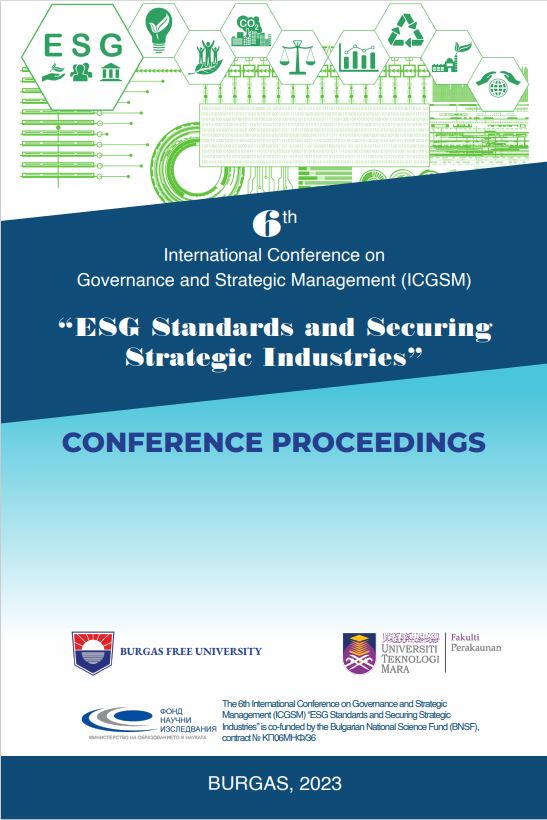KNOWLEDGE TRIANGLE IN HIGHER EDUCATION: A COMMITMENT TO PROCESS LEADERSHIP, CURRICULAR ARTICULATION AND INTERDISCIPLINARITY
KNOWLEDGE TRIANGLE IN HIGHER EDUCATION: A COMMITMENT TO PROCESS LEADERSHIP, CURRICULAR ARTICULATION AND INTERDISCIPLINARITY
Author(s): Cilia Yael Galvez Sapuy, Andrea Pabón, Tatiana Peñuela
Subject(s): Social Sciences, Education, Higher Education
Published by: Бургаски свободен университет
Keywords: Communication; Teacher qualification; Higher education; Social entrepreneurship; Interdisciplinary research; Knowledge triangle
Summary/Abstract: This document presents an analysis done at the Minuto de Dios University Corporation-UNIMINUTO Rectoría Regional Orinoquía, regarding Knowledge triangle in the programs of the Communication Sciences Unit of the Rectoría Regional Orinoquía and the strengthening of the mentioned at curricular level, allowed by the leadership of processes, the curricular articulation and interdisciplinarity. It discusses the way in which the teaching staff uses academic training to generate dialogical scenarios between various disciplines to favor the articulation of knowledge, as well as flexibility; considering these characteristic elements in the academic quality sought by the university's curricular structure and that allow us to focus on social entrepreneurship, research and innovation policies. To achieve this, a documentary review was initiated to delimit the conceptual approach of the reflection and, at the same time, serve as the basis for the construction of the data collection tool; then, a survey was applied to the teachers of the program, the results were systematized and the respective conclusions were generated. Among these, it stands out that, definitely, communication programs require versatile teachers with leadership capacity who develop focused research processes, rather than didactics in the creation of content -journalistic, audiovisual or strategic plans-, to the generation of methodologies that allow future communicators to create projects oriented to social transformation, according to the interaction dynamics of the different communities, starting from interpretative exercises of local, regional, national and international realities. It is about conceiving how the communicator is formed integrally through the execution of a curriculum directed by the investigative practice.
- Page Range: 173-183
- Page Count: 11
- Publication Year: 2023
- Language: English
- Content File-PDF

